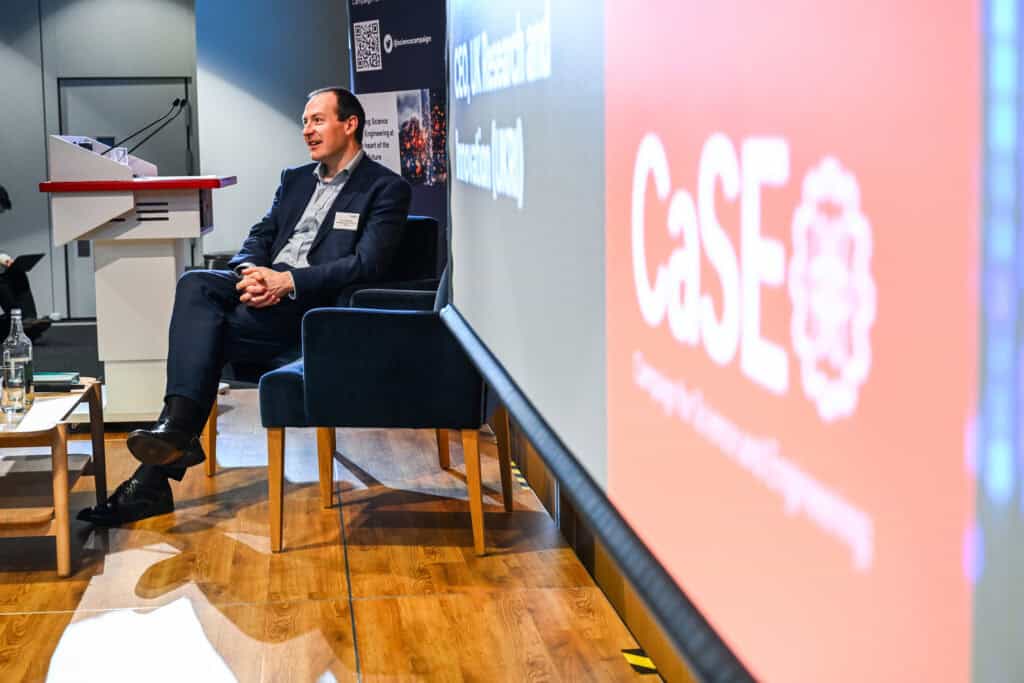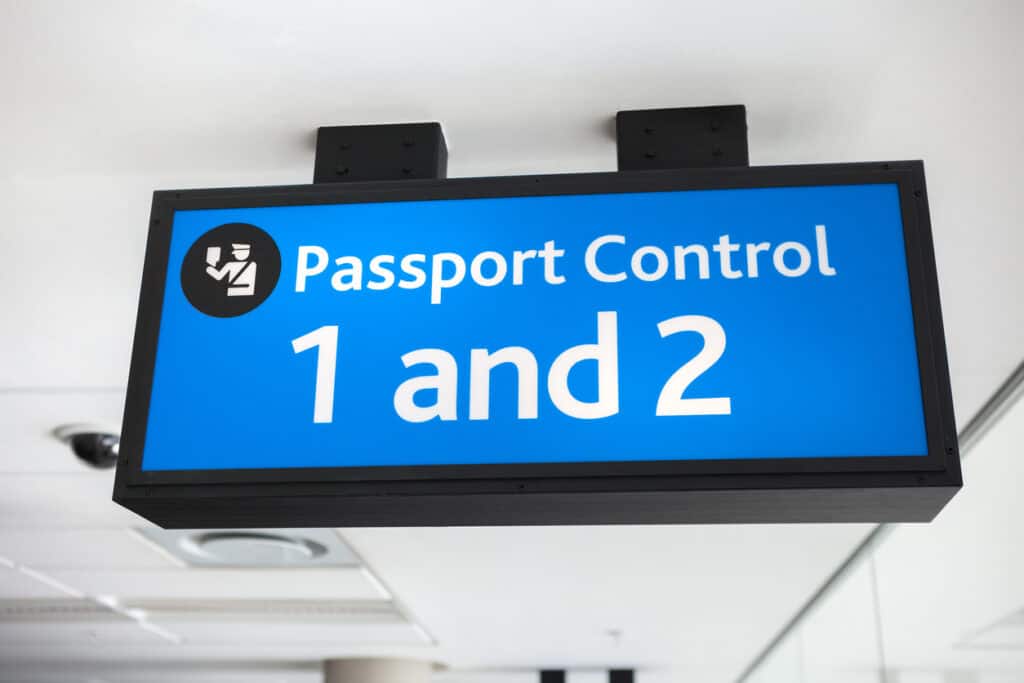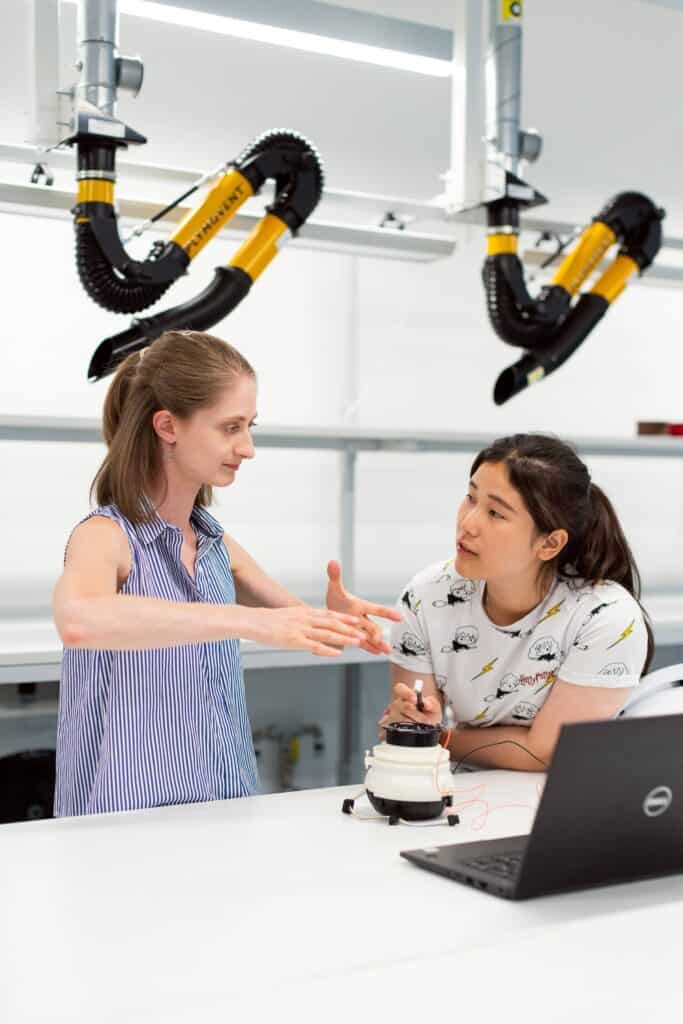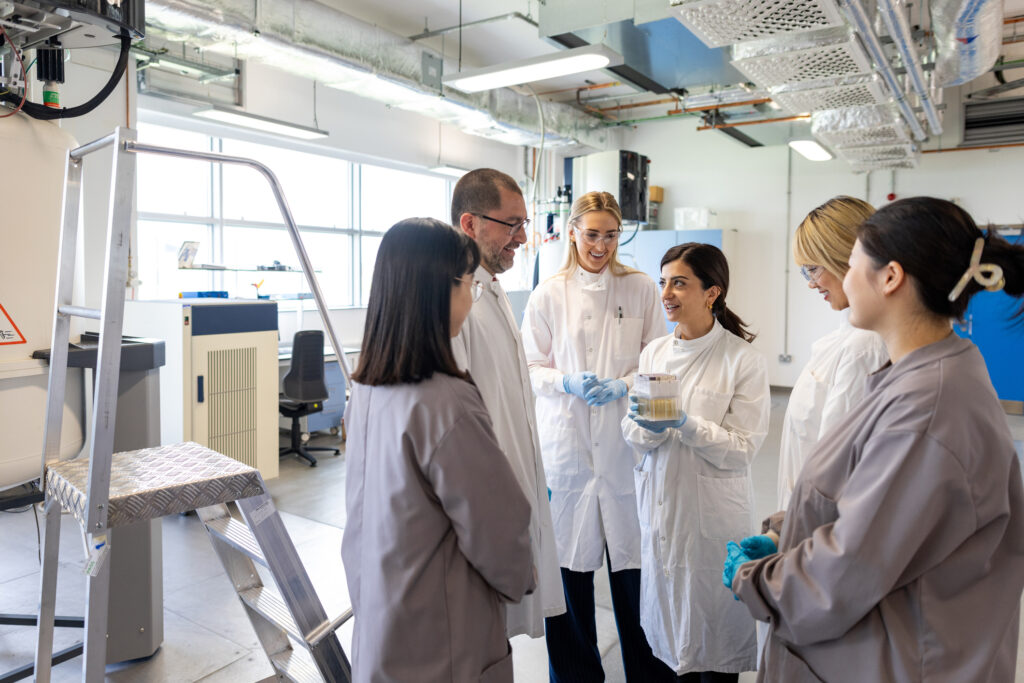The political context
CaSE has long argued that attracting international talent to the UK is one of the pillars for the strong skilled workforce we need for a thriving R&D sector. The UK public also supports immigration into the UK’s R&D sector. CaSE public opinion research found that a majority would prefer UK universities to recruit the best talent from around the world, even if it means more immigration to the UK.
In May of this year the UK Government published its Immigration White Paper setting out plans to reform the UK immigration system to “ensure a better contribution to the UK”. This included positive changes such as a commitment to make it “easier and simpler for top scientific and design talent to use our Global Talent Visa”. Elsewhere, the UK Government’s Industrial Strategy announced a range of initiatives to attract international talent, including a new Global Talent Taskforce and Global Talent Fund to attract top talent to the UK, Turing AI Fellowships for international researchers, alongside commitments to reform and review existing visa routes to improve accessibility for talent.
While it is positive to see the UK Government acting to make the UK more attractive for international talent, current visa and immigration policy still poses large barriers for the R&D sector. Upfront costs for researchers coming to the UK exceed those in other leading research nations by 968-1,583% – driven largely by the Immigration Health Surcharge. There are also a range of non-financial barriers including the complexity of the visa and immigration system. A large driver of this challenging picture is the difficulty of advocating for skilled immigration in the context of the broader national debate around immigration, which is largely focussed on reducing net migration.
A better way to talk about immigration and R&D
There is a wide range of evidence showing both the benefits to the UK of skilled immigration into research and development (R&D), and public support for skilled immigration into the sector. However, this evidence has historically struggled to cut through the wider, more heated national debate around immigration. We see the outcomes of this in a national immigration policy that still poses many barriers to the sector.
With this new project, we are aiming to find and demonstrate new ways of talking about immigration into the R&D sector that can cut through the noise of the wider immigration debate and reach members of the public who view immigration more negatively. Our hope is that this project will help the wider sector to continue making the case for attracting international talent and give politicians the confidence to advocate for this issue with messages shown to resonate with the public.
We will be working in partnership with members of our new public opinion research consortium – The Social Agency and Icaro – on this project. We kicked off this work with a cross-sector workshop with CaSE members to develop novel messaging approaches, hosted by ARC at their West London Campus. Future stages of the project will develop these messages further and test how they resonate with real members of the public to draw insights and evidence about what is effective.
The final output will be a messaging guide with guidance on how to effectively engage the public on this topic. This guide will form part of CaSE’s existing Advocacy Toolkit, which offers clear, practical and evidence-led resources for R&D advocates and will be accessible for use by the wider sector and by politicians.
A cohesive picture of barriers in the UK visa system
With our second project, we are aiming to build a cohesive evidence base of the range of barriers the UK visa system poses to R&D organisations seeking to recruit international talent.
Immigration and visa policy is complex and there are many different facets that can make it easier or harder to attract international talent. These include headline policy choices such as the visa routes open to international researchers and the associated costs to researchers and organisations, as well as wider aspects of visa policy such as the ability for researchers to bring dependents. Factors such as accessibility, ease of use and communications in the visa system can also make it easier or harder to attract the best talent to the UK.
As a sector we lack a central repository of the barriers posed by current immigration and visa policy to organisations across the R&D sector. We are working with the non-partisan think tank, the Centre for British Progress to build a cohesive evidence base on these barriers and the impact they have on R&D organisations. We are reaching to organisations across the sector to seek case studies, which we will combine with a series of in-depth interviews to create a clear picture of where current policy can be improved for the sector.
We have discussed this work with the Department for Science, Innovation and Technology (DSIT) and will share our findings with government officials to inform upcoming reviews of visa policy – including the Global Talent visa. We will also make findings from this work available for use by the wider sector.




